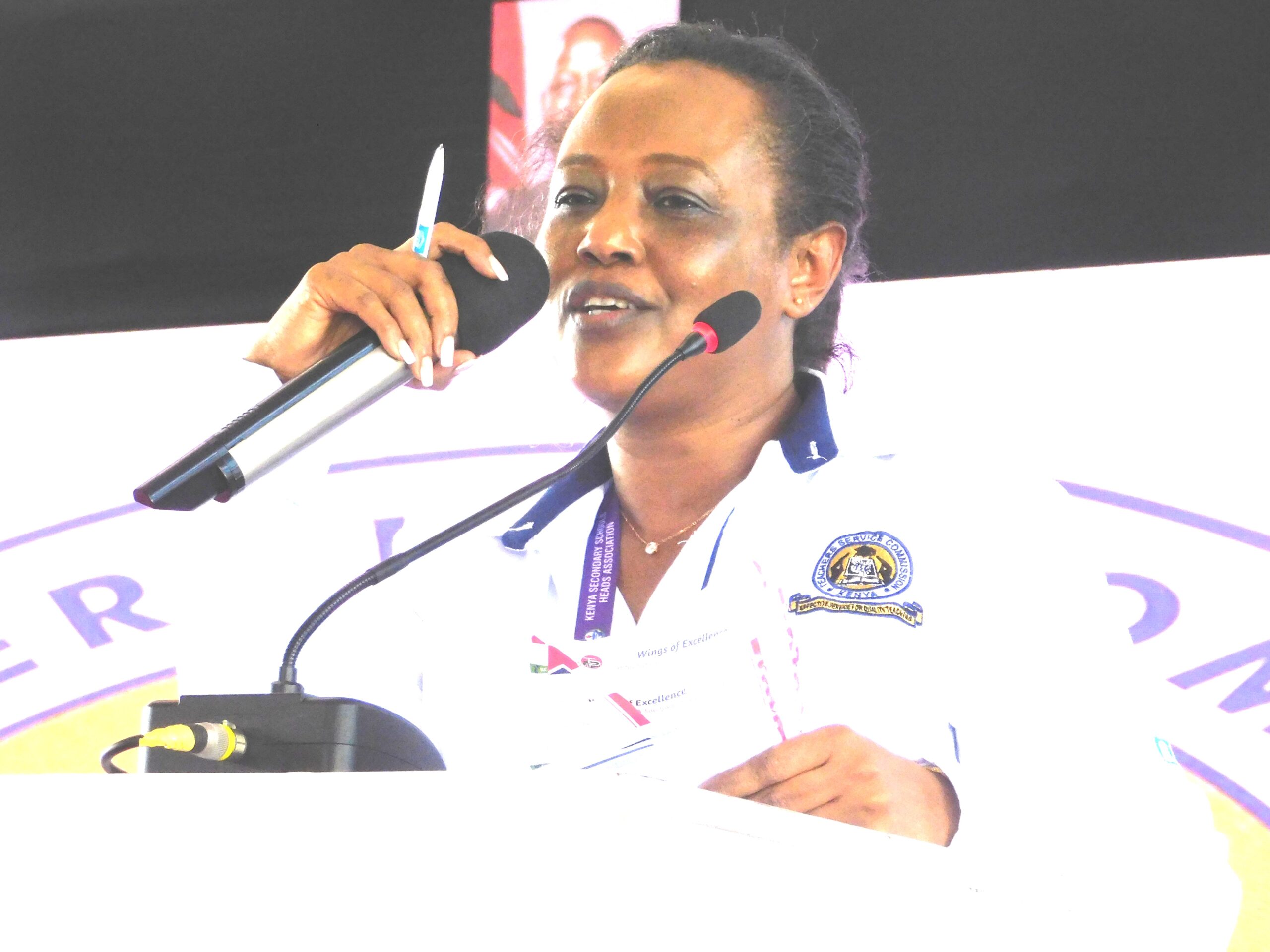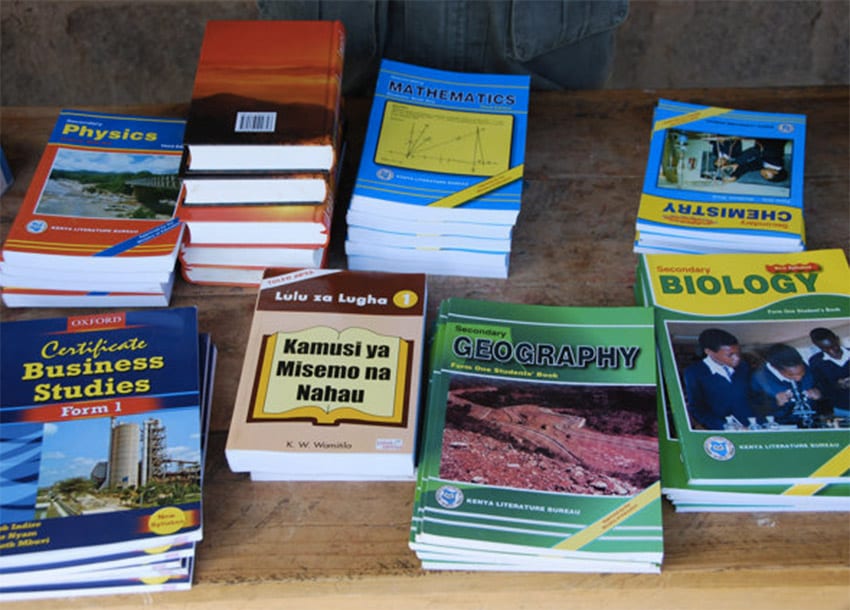Curriculum review is described as a critical assessment of academic programmes for the purpose of optimizing learning experiences which should be led by the academic staff teaching a particular area of focus.
Our country has had a number of curricula from as early as 1724 with Swahili manuscript known as “Utendi wa Tambuka” (Book of Heraclius).The CMS missionaries interacted with coastal locals and established the earliest schools at Rabai in 1846.
Before independence, elementary education was based on the colonial system of education, however after independence in 1963, the 7-4-2-3 was started which involved seven years in primary education, four years of lower secondary education, two years of upper secondary education and three years in university, this curriculum lasted for 20 years.
The system was adapted by all the three East Africa countries namely Kenya, Uganda and Tanzania. However by the collapse of East Africa Community in 1977 Kenya introduced its own system after 8 years in 1985.
According to scholars, the 7-4-2-3 system lacked capacity and flexibility to the changing needs of individual Kenyans, labour market demand in line with the latest technologies.
The Gachathi report of 1976 poked several holes into the curriculum, the worst being unemployment which was followed by the National Assembly demanding a more robust system that would take care of technical and vocational aspect of the curriculum
World Bank also wanted a change in the curriculum.
READ ALSO:
Young people are striving to be better off than their parents
After the Mackay report of 1982 the 8-4-4 system was introduced whereby the first six years was to concentrate on the numeracy and literacy skills, while the last two on basic education and practical skills. Its main concern was to address the influx of unemployment.
According to scholars, the 8-4-4 system remains the most radical and mindless change in the Education landscape in Kenya since independence and it has caused great devastation to Kenya compared to the failed Ujamaa ideology in Tanzania as it is considered to have been expensive to the pupils and parents. Later, several commissions were formed with an aim of improving it like Wanjigi reports of 1983, Kamunge report in 1999 whereby most of their recommendations were partly implemented by the late President Daniel Moi.
In 2017 the Competency Based Curriculum (CBC) was inaugurated to replace the 8-4-4 system of education, and it is designed to emphasize the significance of developing skills, knowledge and applications of those competencies to create employment opportunities.
All the outdated education system starting from 1724 – Swahili manuscript, 7 – 4 -2 -3, 8 – 4 – 4 and even CBC have had their own customized fissures and therefore all education stakeholders should ensure that the current curriculum becomes a success story via their robust intervention.
By Hillary Muhalya.
You can also follow our social media pages on Twitter: Education News KE and Facebook: Education News Newspaper for timely updates.
>>> Click here to stay up-to-date with trending regional stories





